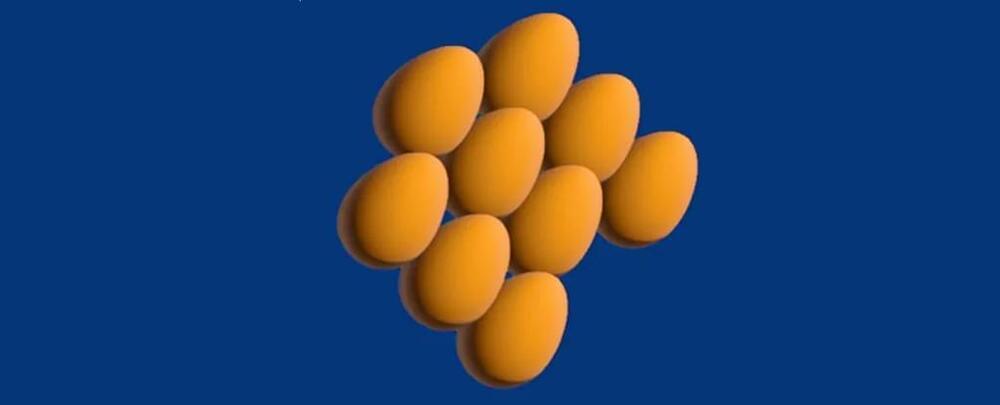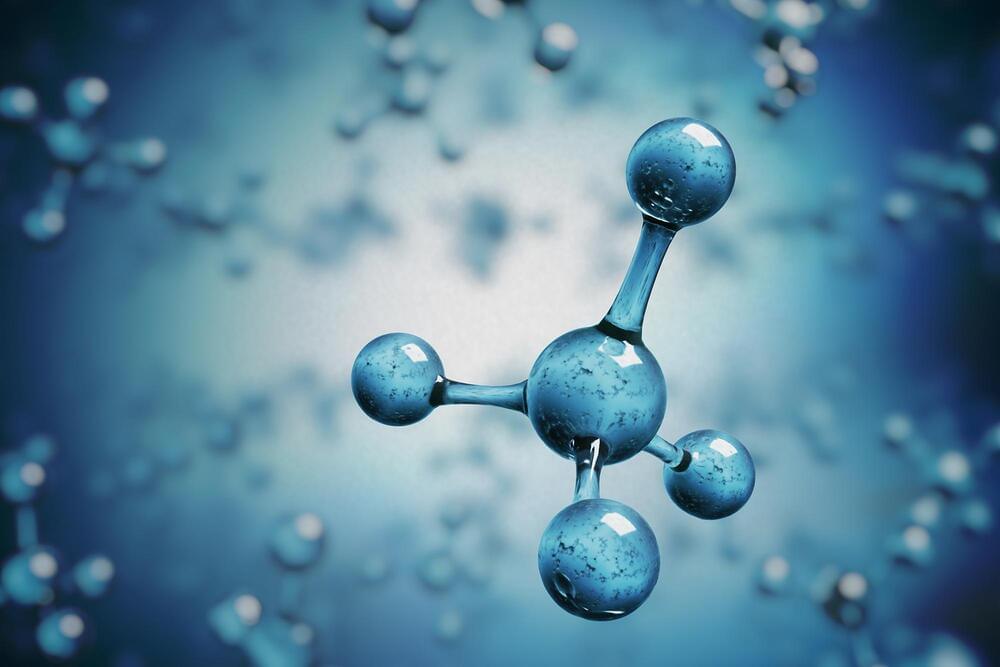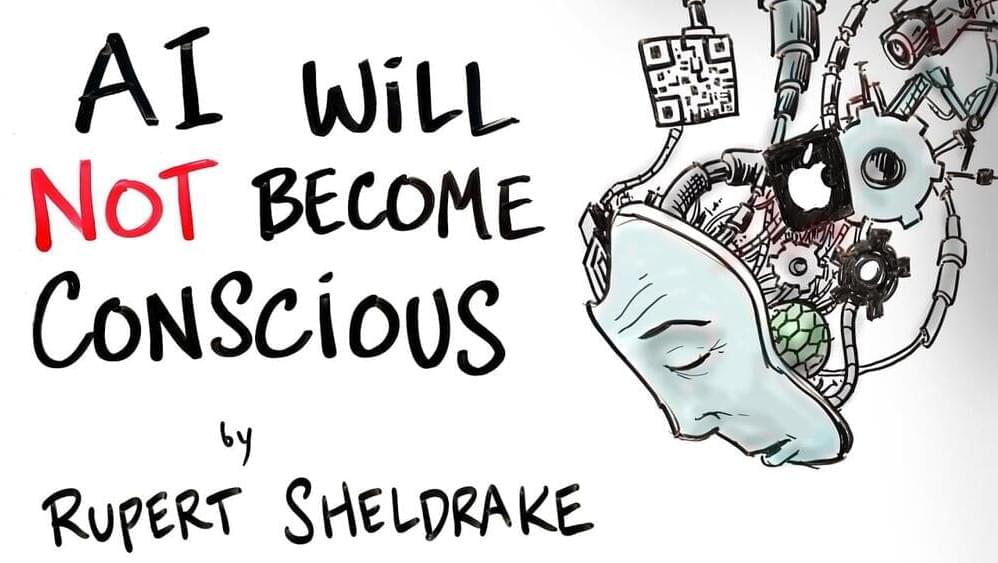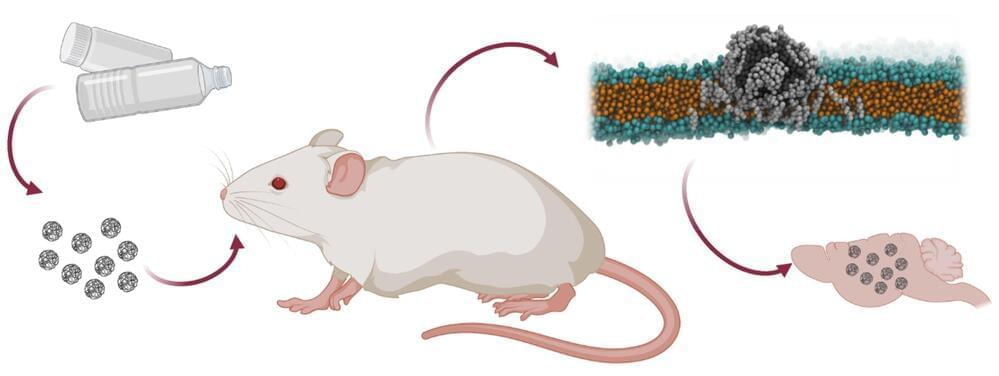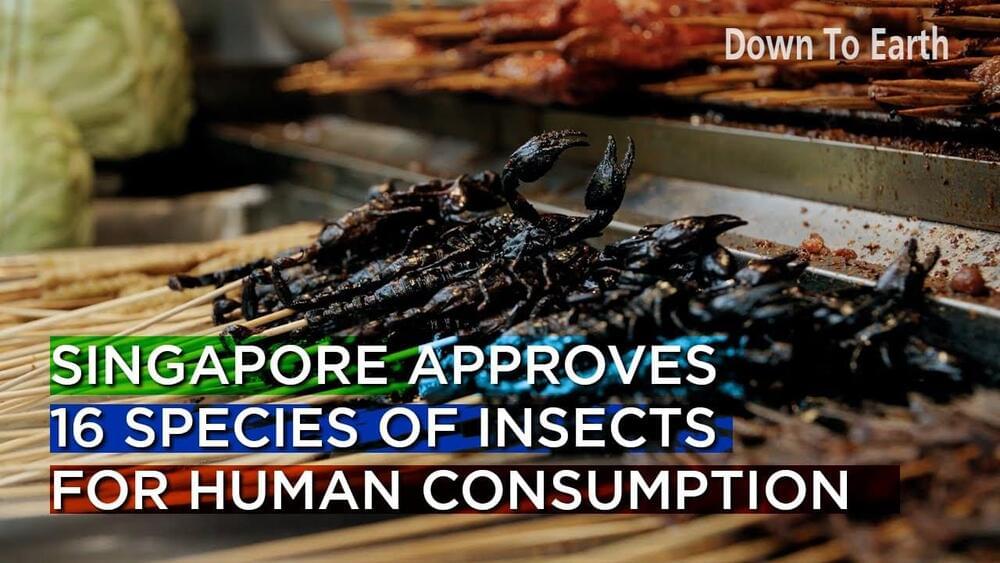Apr 30, 2023
Physicists Discover a Strange New Theoretical Phase of Hydrogen
Posted by Paul Battista in categories: food, physics, robotics/AI
This new solid hydrogen phase discovered by an international team of researchers followed the model’s presentation of hydrogen molecules under extreme conditions: to use a food analogy, their shape morphed from spheres stacked like a pile of oranges to something that more closely resembled eggs.
Hydrogen typically requires very low temperatures and very high pressures to form a solid. It was through a novel machine learning study of this particular phase change that the scientists came across the new molecular arrangement.
